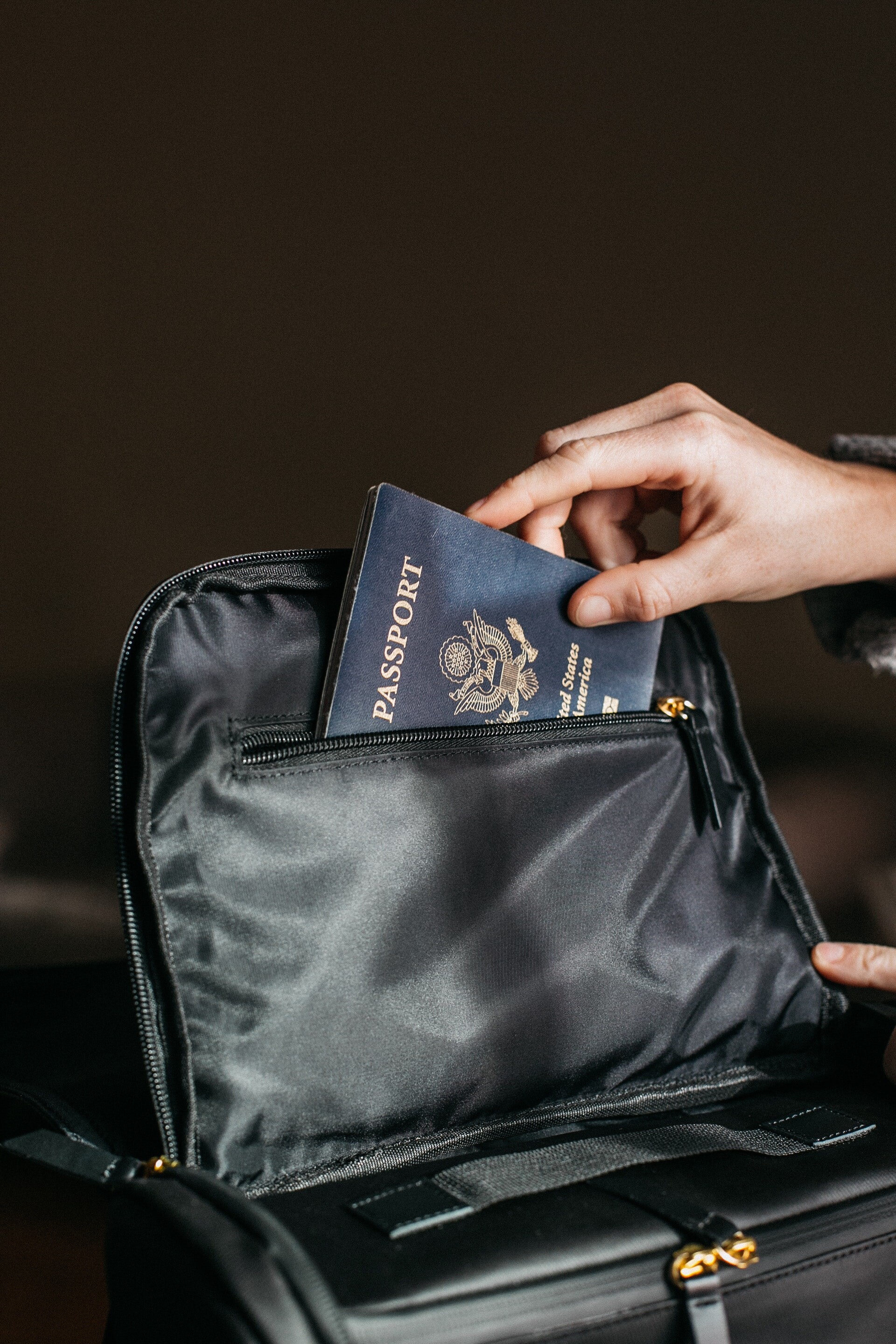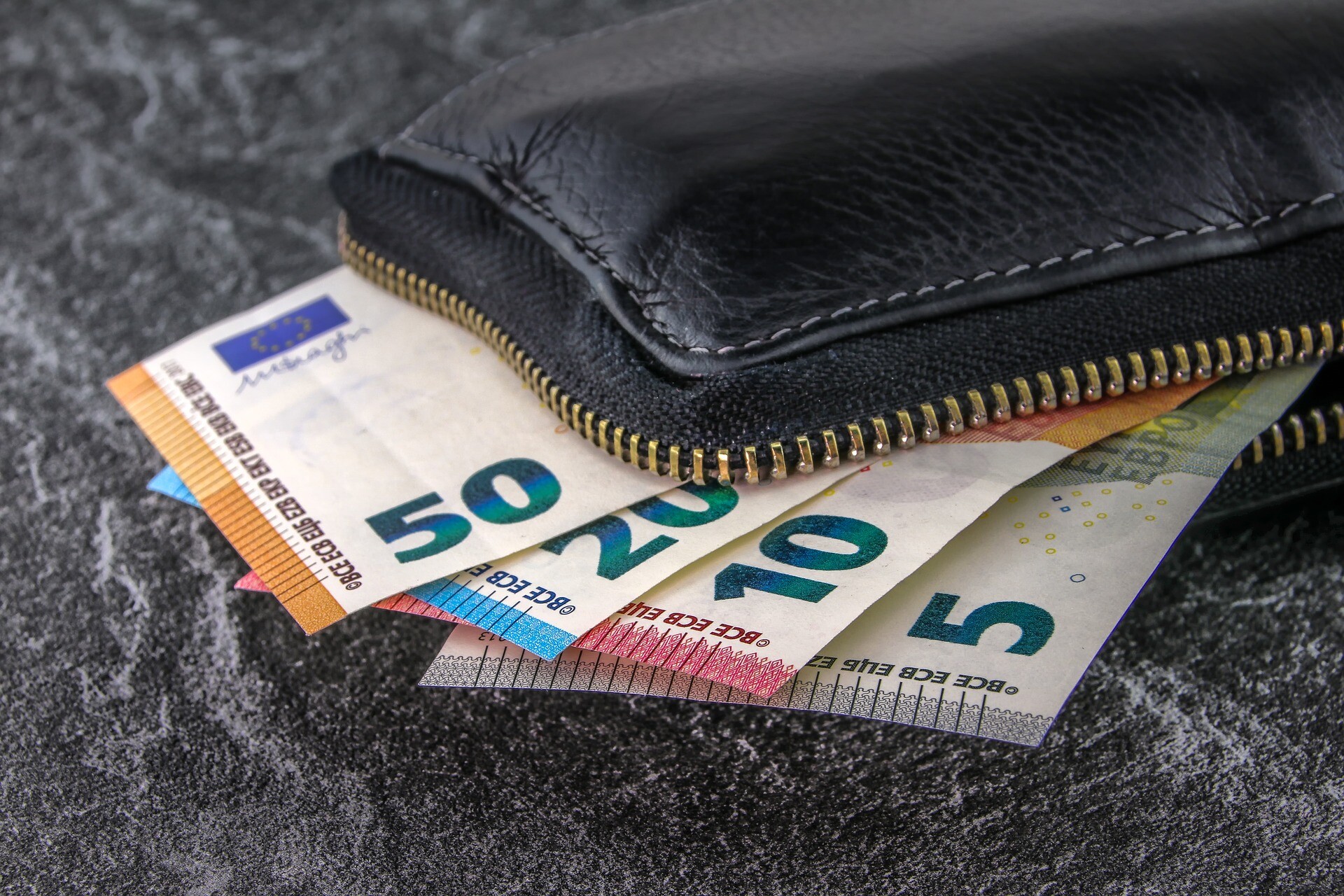Things you need to know before arriving in Dresden
- Things to know before arriving in Dresden
- How to get to Dresden
- Public transport in Dresden – How to get around Dresden
- Cost of living in Dresden
- Saving money in Dresden
- Accommodation for students in Dresden
- Neighbourhoods of Dresden - The most important districts of Dresden
- Nightlife in Dresden - A guide to nightclubs and going out in Dresden
- Typical Dresden Cuisine
- What to do in Dresden
- Places to visit around Dresden
- Dresden in 3 days - What to see in Dresden in 3 days
Before heading to the city, there are a few things to know about the weather, the currency, the language and so one. To get a general idea, here are some advices.

Clothing
Germany is renowned for its wet and cold winters and also for its mixed summers. So, if you are starting your adventure in Dresden during the first semester of the academic year (October to February), I would definitely recommend to bring warm clothes. Usually, temperatures in the winter months drop below 0°C, sometimes -10°C or even more. So, make sure that you are bringing a good warm and waterproof coat, a scarf, a pair of gloves and a hat, otherwise you won't survive. Perhaps even more important is a pair of warm and waterproof shoe or boot. If you come from a warmer country and you never needed winter clothing, don't worry: in Dresden, you can buy high-quality and warm clothes at affordable prices. Dresden and Germany, in general, have very unpredictable weather during Spring and Summer times(April to September), so get ready for bot rain and really hot days up to 35°C full of sunshine. A mix of shorts, t-shirts, jeans and lightweight jumpers/jackets will be perfect - and a raincoat. Of course, you shouldn’t forget to bring swimwear, as the surroundings of the city offer a lot of great lakes.
Documents

When you arrive in Germany, it is really important having an identity card or passport; if you are from a foreign country that is not within the EU you'll need also a visa. Besides this, if you have other documents with your full name, the date of birth and a photo such as your driving license or another form of official ID, it’s always a good idea to bring them with you - just in case.
I suggest you make some photocopies of your official documents and when you go out, bring with you just the copies. If you lose the original documents, the process of having new ones is really long and expensive.
Another thing that you should definitely take with you is the European Health Insurance Card, otherwise known as EHIC card. If you need any sort of medical treatment during your stay in Dresden/Germany, it’s only possible to get them with this card.
Make sure to have your Learning or Working Agreement with you as well as any other document you will need at the University or at your future workplace, for example, the Conformation for Erasmus Mobility or the contract of employment.
Money

As Germany is a country within the EU, the current currency is euro, but if you don't have them, don't worry as in Dresden, you can get some currency converted. You can also withdraw money from the ATMs, but don’t forget that sometimes you may be charged fees depending on your bank.
Language
As a native German speaker it is hard to say if it is easy to grasp the language or not. Some foreign friends of mine have different points of view: for some, it is harder than for others. But this also depends on a lot of things: for English, Dutch and Nordic languages speakers it’s easier than for people from France, Portugal, Spain or Italy, as they belong to the same language family. It is also important to consider the personal motivation the person heading to Dresden has.
Of course, don’t expect to speak or listen to standard German: people from Dresden speak the Saxon dialect, which is really hard to understand. Maybe what’s most confusing for people from outside, is the word “nu”, which means “yes”, because orthographically and phonetically the lexeme seems more like a “no”. Here some other examples:
| Saxon | Standard German | Meaning |
|---|---|---|
| Guggn | Schauen | To see |
| Ränftel | Brotkanten | The end of a bread |
| Bemme | Brotscheibe | A slice of bread |
| Bäffschdegg | Bulette | Meat balls |
| Boddn | Schuhe | Shoes |
| Feixn | Lachen | To laugh |
| Bichln | Trinken | To have a alcoholic drink |
| Nischd | Nichts | Nothing |
| Dämse | Hitze | Heat |
So as you can see, it is not that easy and sometimes they are not even similar. But people living in Dresden also understand standard German and when they notice they’re talking to a non-native, they will do their best to be understandable. Spaeking English at the university and in some bars is no problem, but in the supermarkets or during your everydaylife could be a problem. It always depends on the person, but usually the generation of our parents do NOT speak English. So if you have any administrative things to do, medical examination or whatever, it’s better to go with a person who is able to speak the language.
The university also offers free German language courses for foreign students. If you are planning to study at university, they usually expect an intermediate level of German. For further information about the courses, look here.
Click here if you want to:
- Read "How to get to Dresden"
Photo gallery
Content available in other languages
Want to have your own Erasmus blog?
If you are experiencing living abroad, you're an avid traveller or want to promote the city where you live... create your own blog and share your adventures!
I want to create my Erasmus blog! →


















Comments (0 comments)